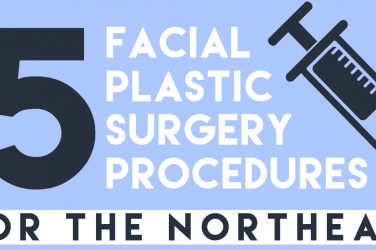Creatine is a mainstream supplement which is easy to find in any store catering to bodybuilders and those into healthy living, and it’s perhaps one of the most established and most popular muscle building aids out there. It’s fair to say that in general creatine supplements are not something to be worried about adding to your diet, however, there are still some key things you should know about it before going ahead and doing that.
What do our bodies use creatine for?
In a 100% healthy person with a balanced and varied diet the body manufactures enough creatine to get by, and this is then stored in the muscles to be drawn on as needed during regular daily physical activity. However, remember this is the average person. Anyone who does high-intensity training (and/or is a vegan or vegetarian so not eating animal protein) will benefit from boosting their creatine levels with a supplement.
You need to get the levels right
If you plan to take a creatine supplement to aid your workouts it’s best to start with a higher dose than usual to build up a good store and teach your muscles to cope with more than they are used to – around 5g taken four times a day is standard, for a couple of weeks, before reducing to a regular maintenance dose of between 3-5g daily. If you already have some good muscle mass take the higher end dose. Hypertrophia discusses these points in further detail.
There can be side effects
Although not thought to be life-threatening there is a chance of developing some unpleasant side effects, including muscle cramps, feeling dizzy, upset stomach, fever, water retention and stomach ache. Consult a medical professional for guidance if these symptoms seem to be linked to the supplement.
Creatine supplements are not suitable for everyone
Largely due to the quite high risk if water retention anyone with any history of kidney problems or diabetes should not take creatine supplements. Experts also recommend that you do not add extra creatine to your diet if also taking medicines like Aleve, Advil or anything containing Ibuprofen.
You don’t need to cycle this supplement
There’s no evidence that the body builds any kind of resistance to it, so there’s no need to take a break or adjust the dosage – presuming you are not suffering any symptoms of side effects.
It’s better to take creatine supplements shortly after working out
The evidence isn’t concrete but it seems taking your creatine supplement around the same time as your training is ending is useful as it makes use of the natural insulin spike your body produces at this time.
Take the supplement with food
This isn’t essential but it does help squeeze a little extra value from the creatine. Either a carbohydrate or a protein based snack will do, as neither has been proven to be more useful in relation to improving performance. This flexibility is good as you can have anything from a whey protein shake to a pasta salad.







